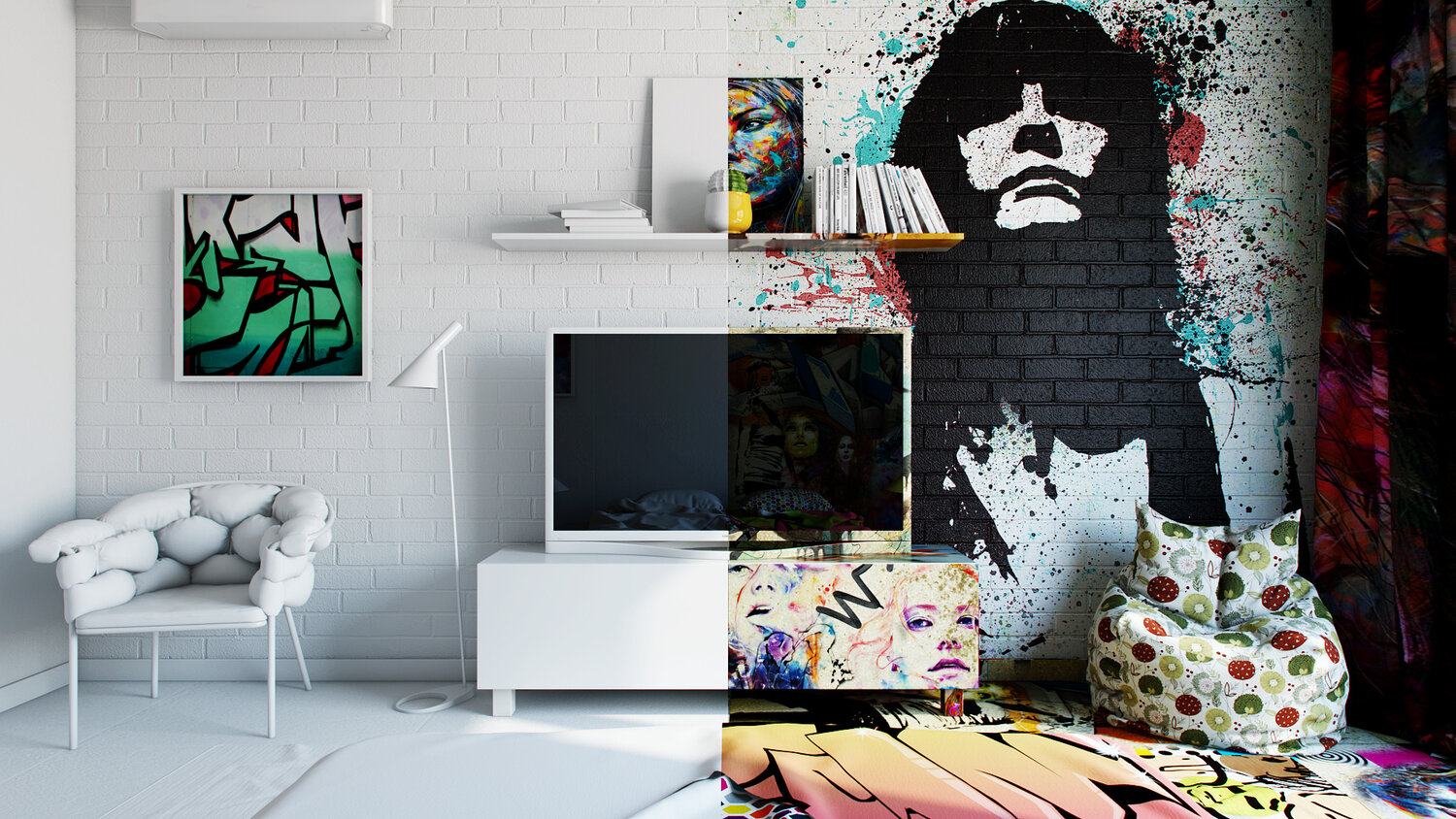Exploring the Long-Term Impact of Minimalism on Mental and Emotional Health
Exploring the Long-Term Impact of Minimalism on Mental and Emotional Health
Blog Article
Recognizing Minimalism: Methods for Decreasing Clutter and Enhancing Quality in Everyday Living
Minimalism is increasingly acknowledged as a sensible strategy to enhancing quality and focus in today's messy world. By systematically examining our belongings and prioritizing intentionality, we can develop spaces that not only mirror our values however additionally promote psychological well-being. Using approaches such as the "Four-Box" technique can promote a much more orderly environment, yet real difficulty depends on growing a minimal attitude that maintains these efforts. Discovering the nuances of this philosophy may expose unexpected insights into exactly how you can transform your everyday life. What might you find when you welcome this deliberate simpleness?
Specifying Minimalism and Its Advantages
Defining minimalism includes recognizing it as a way of life selection that emphasizes simpleness and intentionality in both everyday regimens and physical properties. At its core, minimalism encourages individuals to prioritize what absolutely matters, allowing for a much more purposeful and focused existence. By removing the non-essential, minimalism welcomes people to involve deeply with their surroundings and experiences.
The advantages of adopting a minimalist technique are complex. It promotes psychological clearness, as lowering mess in one's setting can lead to lowered interruptions and anxiety. People often report enhanced focus and enhanced performance when bordered by less properties. Second of all, minimalism advertises financial liberty; by focusing on demands over desires, people can make more informed getting choices, causing possible cost savings and minimized financial obligation. In addition, a minimal way of living can yield psychological benefits, as it urges people to cultivate gratitude for what they have instead of yearning for more.
Eventually, minimalism is not merely concerning material decrease yet includes a holistic change in point of view, cultivating a life characterized by equilibrium, function, and gratification. Accepting this lifestyle can result in extensive changes in exactly how individuals regard and connect with the globe around them.
Evaluating Your Present Clutter
Mess typically materializes as a frustrating buildup of things that no more offer a function, producing an obstacle to accomplishing a minimal way of living. To properly analyze your current clutter, it is important to adopt a systematic technique. Begin by determining the areas in your space that really feel frustrating or disorderly. Take note of specific groups of things, such as garments, books, or kitchenware, as this will certainly aid you comprehend the range of the clutter.

Additionally, think about the regularity of use for every thing. It may be a candidate for removal if something has not served a purpose in the previous year. This assessment will not just clarify your partnership with your belongings yet will also establish the foundation for reliable decluttering in the future. Inevitably, comprehending your current clutter is a vital step towards accepting minimalism and improving quality in your everyday living.

Practical Decluttering Strategies
Having actually analyzed your existing mess, the following action is to apply practical decluttering this article strategies that facilitate a more organized living space. Minimalism. One effective technique is the "Four-Box" strategy, where you mark 4 boxes classified: maintain, contribute, trash, and relocate. This method encourages quick decision-making and guarantees products are categorized suitably
One more technique is the "One in, One out" guideline, which stipulates that for every new item gotten, an existing item should be removed. This principle aids keep equilibrium and avoids accumulation gradually. Furthermore, consider the "30-Day Minimalism Game," where you get rid of one item on the initial day, two on the 2nd, and so forth, cumulatively cultivating a sense of accomplishment.
Restriction yourself to a particular number of cherished things, enabling you to appreciate their value without overwhelming your area. By employing these methods, you can develop a more calm and effective living room, inevitably boosting clarity in your daily life.
Creating Intentional Areas
Developing deliberate rooms includes a thoughtful approach to how we layout and arrange our environments, making sure you could try these out each location serves a details purpose and mirrors our worths. This practice is necessary in growing a sense of clearness and function in our everyday lives. By critically evaluating the feature of each area, we can get rid of disturbances and improve our general health.
To produce deliberate areas, start by recognizing the main activities that will take place in each location. A home office need to be made to cultivate performance, integrating elements such as sufficient lights, comfy furnishings, and very little diversions. In contrast, a relaxation area need to promote peace, including soothing colors and comfortable seats.
Additionally, take into consideration the psychological impact of your surroundings (Minimalism). Including personal things that reverberate with your worths, such as art work or plants, can enhance the connection to your room. On a regular basis examine these settings to guarantee they remain to offer their desired purpose as your requirements progress
Ultimately, producing willful spaces has to do with making aware choices that straighten with your way of life, advertising harmony and performance in your living and functioning settings.
Keeping a Minimalist State Of Mind
Welcoming a minimal way of thinking calls for recurring representation and intentionality in our ideas and activities. Establish apart time to review your dedications, possessions, and even digital material, ensuring they align with your core concepts.
Another trick method is to exercise appreciation. Recognizing what you currently have fosters contentment and reduces the desire for excess. This change in point of view motivates admiration for simplicity, improving overall health. Integrating mindfulness strategies, such as meditation or journaling, can even more enhance a minimalist frame of mind by promoting clarity and lowering psychological clutter.
Additionally, develop boundaries to secure your energy and time. Learn to state no to non-essential obligations and diversions that do not add to your personal development. Surround yourself with similar individuals that sustain your minimalist trip, as shared worths can boost motivation and responsibility.
Verdict
Finally, welcoming minimalism offers considerable advantages, including lowered clutter and enhanced clarity in every day life (Minimalism). By methodically examining possessions and applying functional decluttering strategies, individuals can develop intentional spaces that promote mindfulness and gratitude. Preserving a minimal way of thinking calls for continuous analysis and dedication to simpleness, ultimately bring about a much more focused and meeting lifestyle. find more info The principles of minimalism function as valuable tools for cultivating a setting that sustains individual growth and well-being.

Additionally, think about the "30-Day Minimalism Video Game," where you remove one product on the first day, 2 on the 2nd, and so forth, cumulatively fostering a feeling of success.
In final thought, welcoming minimalism uses substantial advantages, including decreased mess and boosted quality in daily life.
Report this page